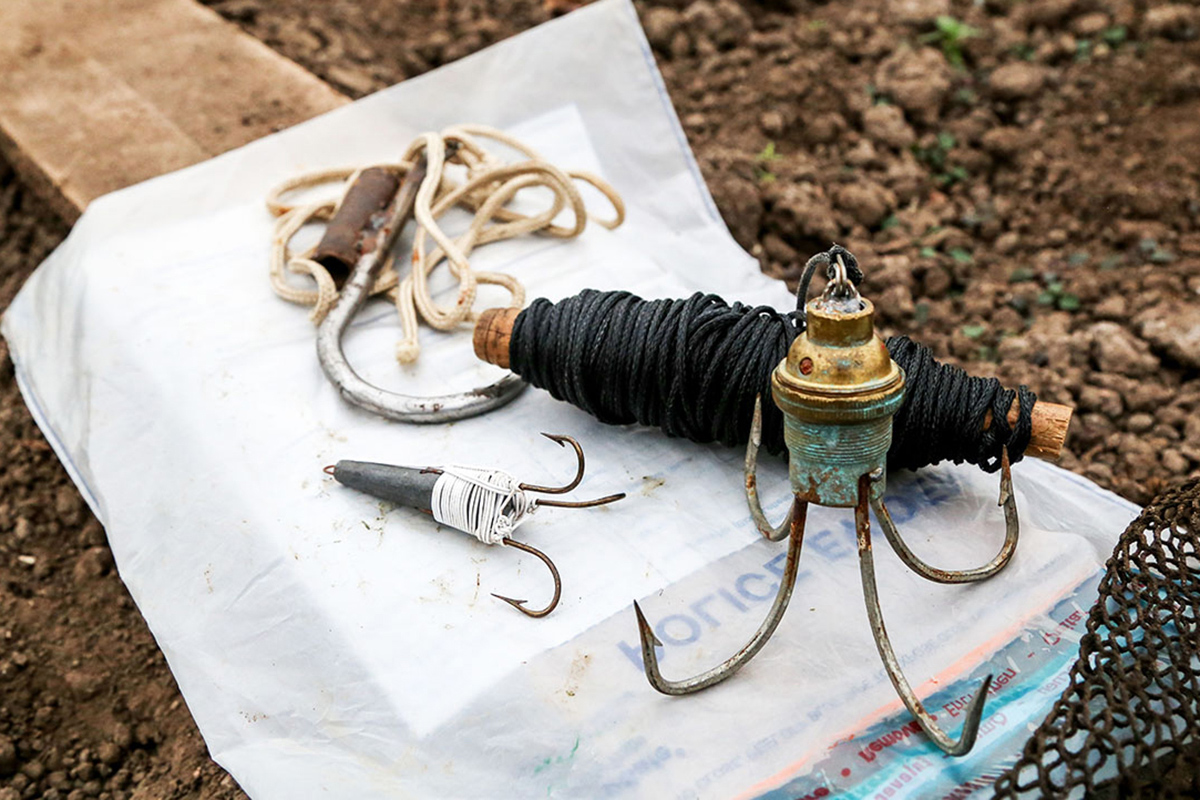
Enforcement
Fisheries Enforcement Support Service welcomes review of National Wildlife Crime Unit
The Angling Trust Fisheries Enforcement Support Service (FESS) has welcomed the launch of a new assessment of UK wildlife and forest crime legislation and enforcement, including a review of the National Wildlife Crime Unit, who list Poaching – including Fish Poaching – as one of six Wildlife Crime priorities.
Nino Brancato, Angling Trust National Enforcement Support Manager, said: “We are looking forward to supporting the National Wildlife Crime Unit and hope their analysis of wildlife crime in the UK leads to improved preventative and criminal justice measures.”
The UN backed assessment of UK wildlife and forest crime legislation and enforcement was launched this week, using the United Nations Office on Drugs and Crime (UNODC) International Consortium on Combating Wildlife Crime (ICCWC) toolkit.
The toolkit will review wildlife crime policing structures, including the National Wildlife Crime Unit (NWCU) and UK Border Force and efficacy of prosecutions. The toolkit consists of five parts: legislation; enforcement; judiciary and prosecution; drivers and prevention. To date, the toolkit has been implemented in 15 countries. The UK will be the first G20 country to have invited this assessment.
This assessment will comprise a comprehensive analysis of the strengths and weaknesses of our preventive and criminal justice responses, which are crucial to curtailing wildlife and forest crime nationally and internationally.
Originally developed in 2012, the Wildlife and Forest Crime Analytic Toolkit was created by the UNODC, in partnership with the UK and other members of ICCWC. The assessments in the UK will run until August this year.
Speaking at the launch event Environment Minister, Rebecca Pow, said: “We have made tremendous progress tackling wildlife crime in this country, but we know there is more to do.
“We requested this assessment to help build on our progress and will look closely at the recommendations, working with key stakeholder groups to inform a cross-government response.
“Together we can reduce these horrific crimes for the benefit of our biodiversity, our precious habitats and our rural communities for generations to come.”
Chief Inspector Kevin Kelly, Head of the UK National Wildlife Crime Unit, said: “I have been immersed in Policing wildlife crime for the entirety of my Police service and I am delighted to see the ICCWC Tool kit coming to Policing UK. This will shine a much needed spotlight on Wildlife Crime and raise the importance of it in the wider Policing picture, as Wildlife Crime often feeds into more serious and organised crime types.
“It will be a pleasure for the NWCU to work with colleagues to ensure the success of the tool kit. It’s vitally important that we continue to celebrate our success and highlight the importance of fighting Wildlife Crime. But I welcome the opportunity to reflect on our practices and look to become better and more efficient.”
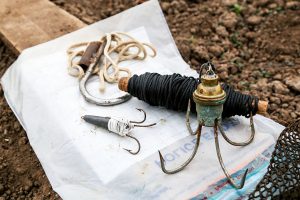
Examples of homemade snatch hooks used by fish poachers.
Since 2016, Defra and the Home Office have jointly committed £300,000 a year to funding the UK National Wildlife Crime Unit (NWCU). The unit plays a valuable role in detecting and preventing wildlife crime by monitoring and gathering intelligence on illegal activities, undertaking analysis and directly assisting law enforcers with their investigations.
The past few years have seen successful launches of police operations such as Operation Galileo, an anti-hare coursing campaign led by Lincolnshire police force and Operation Owl, led by North Yorkshire Police, which aims to raise awareness of raptor persecution amongst the wider public and police officers.
The NWCU is one part of the UK’s network fighting wildlife crime, Police customs officers and other enforcers carry also out vital work on the ground.
In addition, the UK Border Force continues to make successful seizures and work with international partners to ensure illegal wildlife trade products do not enter the market.
Last year, as part of operation Thunder 2020, UK Border Force worked with fellow enforcement agencies across 105 countries to tackle the global illegal wildlife trade. With other targeted operations also taking place throughout the year including checks on exports to South East Asia for movements of illegal ivory, Border Force made 490 seizures of illegally trafficked live specimens or derivative products at numerous UK Border control areas from Grangemouth in Scotland to Southampton port.
There are now over 770 wildlife crime officers in England and Wales and 133 covering Scotland. These officers are specially trained to conduct and support investigations into wildlife crimes.
The UK’s participation in this will help inform recommendations on improving the prevention and enforcement of domestic and international wildlife crime in the UK and will reaffirm our global leadership role in tackling wildlife crime.
More information about the Fisheries Enforcement Support Service
More information about the National Wildlife Crime Unit
Original story published 02nd March 2021: www.gov.uk
You might also like

We want a water industry fit for purpose

Another year of anglers’ data reveals another year of…

Get Fishing Fund – Funded Project: ‘Summerhayes Junior Angling…
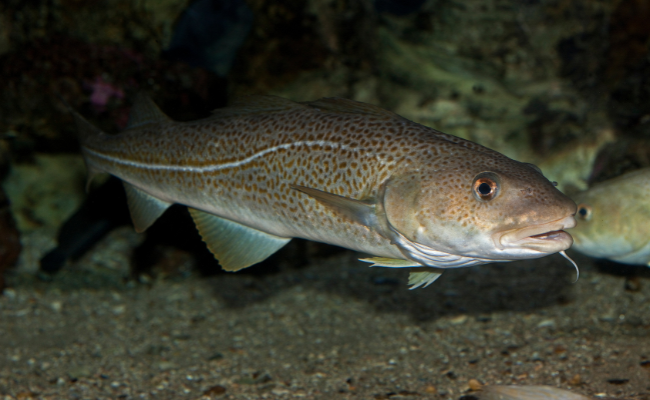
Will the UK-EU Fisheries Deal Deliver for Sustainability and…

The smile says it all! Kayson is hooked! –…
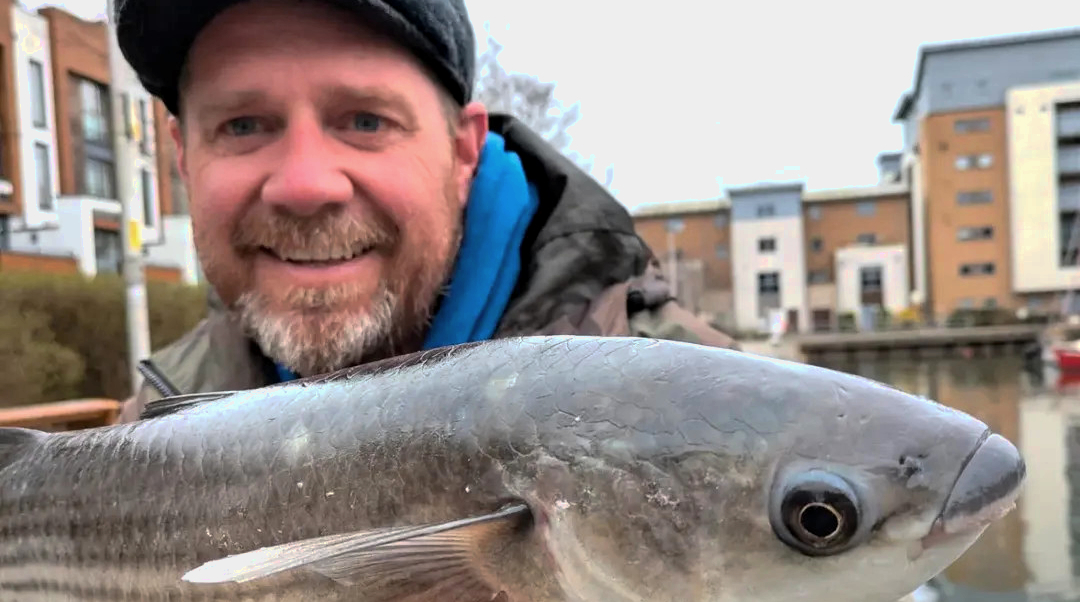
Our Man with a Mullet! Dean Asplin, enjoys a…
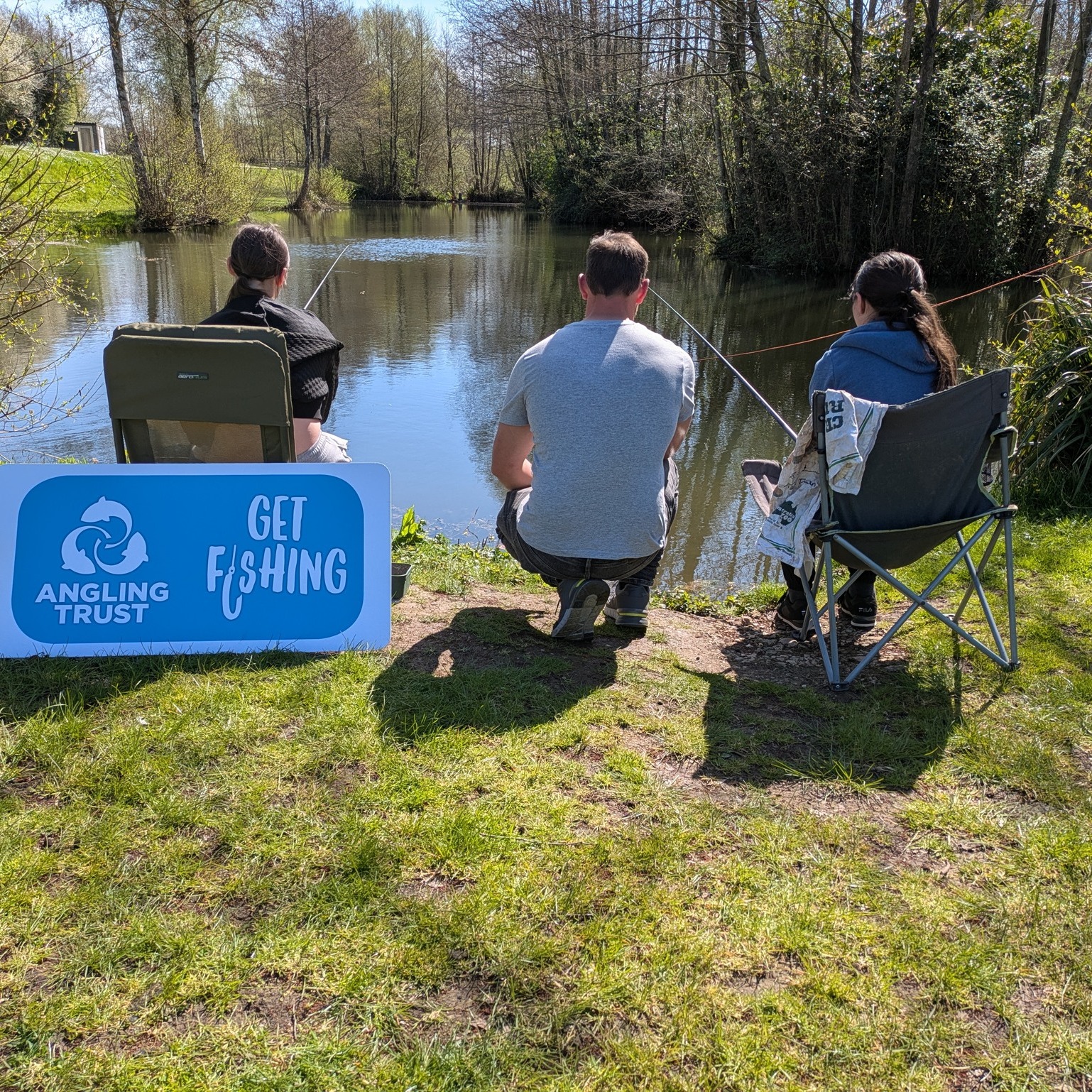
Underdog Crew hosts top draw fishing events with Hintlesham…
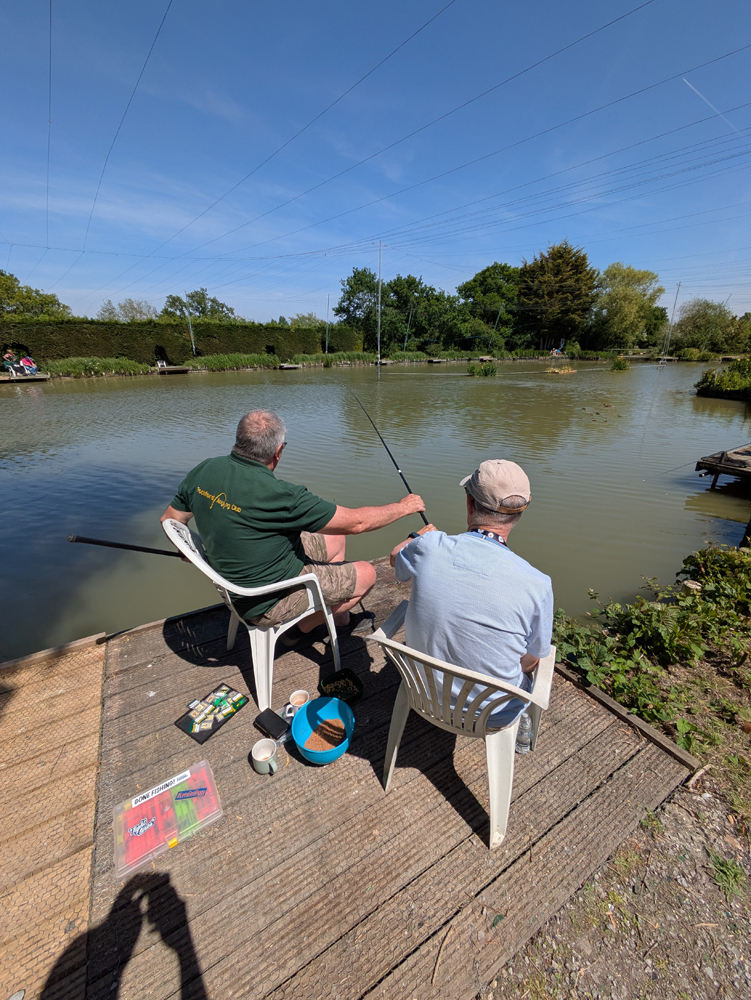
NEW BLOG: Fishing helped my Peaceful Place members with…
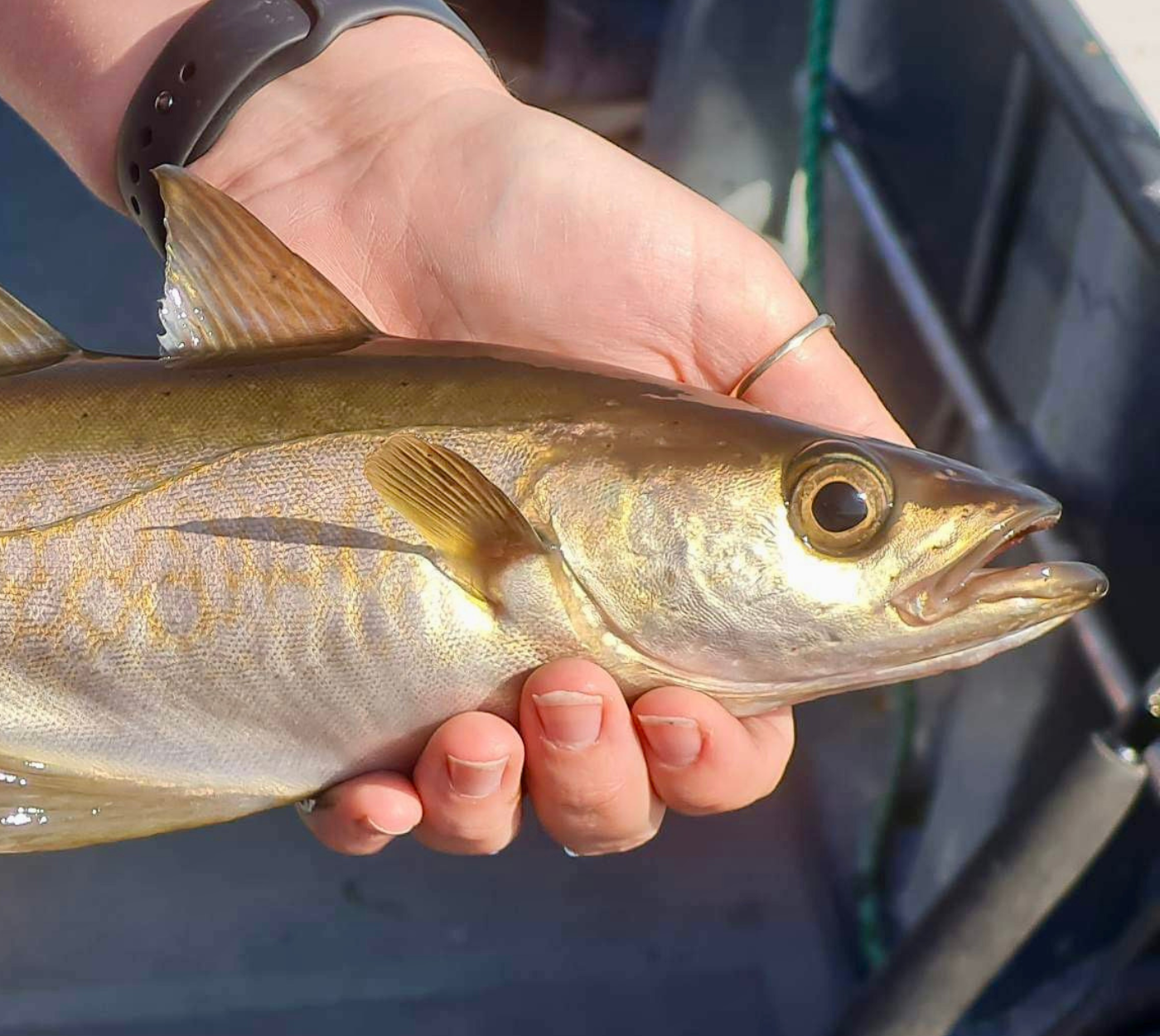
Minister’s Visit Highlights Collaborative Action on Pollack Conservation

Angling Trust calls for radical reforms to end sewage…
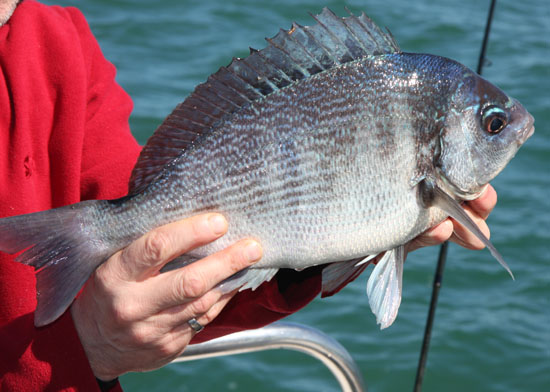
Have Your Say: Shape the Future of Black Bream…
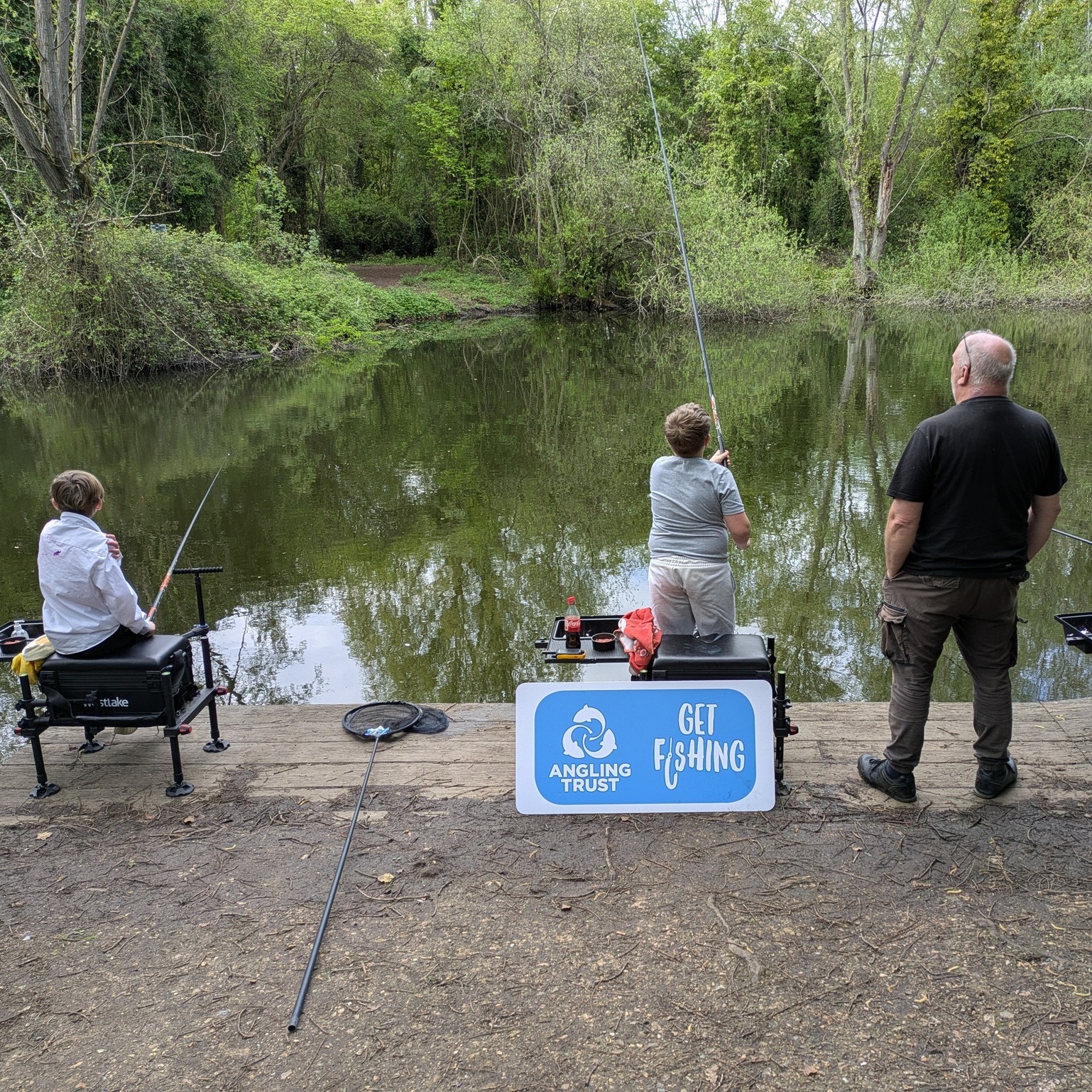
NEW BLOG: Get Fishing Award event for North Cambridge…

We want a water industry fit for purpose

Another year of anglers’ data reveals another year of…

Get Fishing Fund – Funded Project: ‘Summerhayes Junior Angling…

Will the UK-EU Fisheries Deal Deliver for Sustainability and…

The smile says it all! Kayson is hooked! –…

Our Man with a Mullet! Dean Asplin, enjoys a…

Underdog Crew hosts top draw fishing events with Hintlesham…

NEW BLOG: Fishing helped my Peaceful Place members with…

Minister’s Visit Highlights Collaborative Action on Pollack Conservation

Angling Trust calls for radical reforms to end sewage…

Have Your Say: Shape the Future of Black Bream…

NEW BLOG: Get Fishing Award event for North Cambridge…

We want a water industry fit for purpose

Another year of anglers’ data reveals another year of…

Get Fishing Fund – Funded Project: ‘Summerhayes Junior Angling…

Will the UK-EU Fisheries Deal Deliver for Sustainability and…

The smile says it all! Kayson is hooked! –…

Our Man with a Mullet! Dean Asplin, enjoys a…

Underdog Crew hosts top draw fishing events with Hintlesham…

NEW BLOG: Fishing helped my Peaceful Place members with…

Minister’s Visit Highlights Collaborative Action on Pollack Conservation

Angling Trust calls for radical reforms to end sewage…

Have Your Say: Shape the Future of Black Bream…









